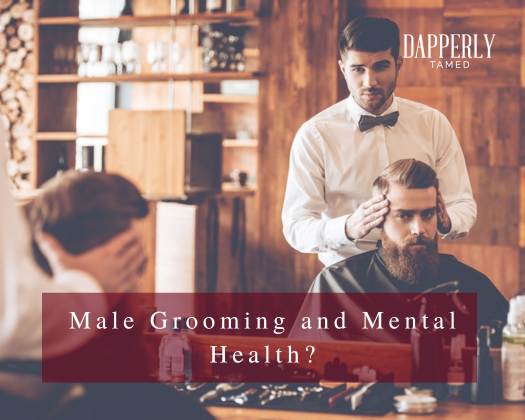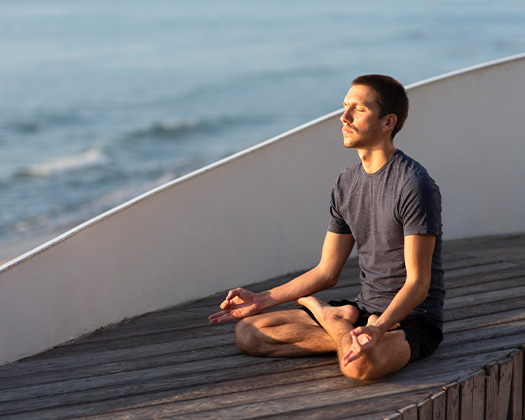The Link Between Male Grooming and Mental Health: A Comprehensive Guide
Nurturing the Mind Through Self-Care Practices
Introduction:
In the fast-paced world we live in, the importance of mental health has gained significant recognition. While various practices contribute to mental well-being, one aspect that often goes underestimated is male grooming. Beyond the surface-level aesthetics, grooming plays a profound role in shaping positive mental health for men. This comprehensive guide explores the intricate link between male grooming and mental well-being.
1. Self-Care Rituals and Stress Reduction:
Grooming Habits: Skincare, Haircare, and Beard Maintenance
Engaging in grooming rituals can be a form of self-care that transcends the physical. Regular skincare routines not only promote healthy skin but also create moments of mindfulness, reducing stress and anxiety. Similar benefits extend to haircare and beard maintenance, providing an opportunity for men to focus on themselves and foster a sense of relaxation.
2. Boosting Self-Confidence and Body Positivity:
Grooming Practices: Personal Style, Clothing Choices, and Fragrance
Taking pride in personal appearance through grooming can significantly boost self-confidence. The act of grooming, including choosing a personal style, appropriate clothing, and a signature fragrance, allows men to express their individuality. This expression fosters a positive body image, which, in turn, contributes to improved mental well-being.
3. Mind-Body Connection Through Physical Grooming:
Grooming Habits: Exercise, Diet, and Hygiene
Grooming goes beyond skincare and fashion—it encompasses physical well-being. Regular exercise, a balanced diet, and proper hygiene are integral components of grooming that establish a strong mind-body connection. Physical well-being contributes to mental alertness, emotional resilience, and an overall positive outlook on life.
4. Creating a Ritual of Mindfulness:
Grooming Practices: Shaving and Hair Styling
Ritualistic grooming practices, such as shaving or styling one's hair, offer moments of mindfulness. These activities require focus and attention to detail, providing an opportunity to be present in the moment. Engaging in such rituals regularly can serve as a form of meditation, promoting mental clarity and reducing stress levels.
5. Social Connection and Positive Interactions:
Grooming Habits: Maintaining Social Appearance
Grooming is often a social activity, whether it's getting a haircut, going to the gym, or dressing up for an event. These activities create opportunities for positive social interactions, fostering a sense of connection and belonging. Social engagement is a crucial factor in mental health, and grooming provides a gateway to meaningful relationships.
6. Time for Reflection and Mental Reset:
Grooming Practices: Skincare Routines and Relaxation Techniques
Establishing grooming routines, especially those involving skincare, can be a time for self-reflection and mental reset. Incorporating relaxation techniques, such as facial massages or using calming skincare products, can have a soothing effect on the mind. This intentional time for oneself contributes to stress reduction and mental rejuvenation.
7. Adapting to Change and Building Resilience:
Grooming Habits: Embracing Change in Appearance
Grooming practices often involve adapting to changes, whether it's trying a new hairstyle or experimenting with grooming trends. Embracing change in appearance fosters adaptability and resilience, valuable traits for navigating life's challenges. Grooming becomes a tangible expression of one's ability to embrace change positively.
Conclusion:
Integrating Grooming into Holistic Mental Health Practices.
Recognizing the intricate link between male grooming and mental health is a crucial step toward holistic well-being. Grooming practices, when approached intentionally and mindfully, can serve as powerful tools for stress reduction, self-expression, and fostering positive mental states. Embracing a holistic approach to grooming contributes to a healthier mind, reinforcing the notion that self-care is not only skin-deep but extends to the well-being of the entire individual.









